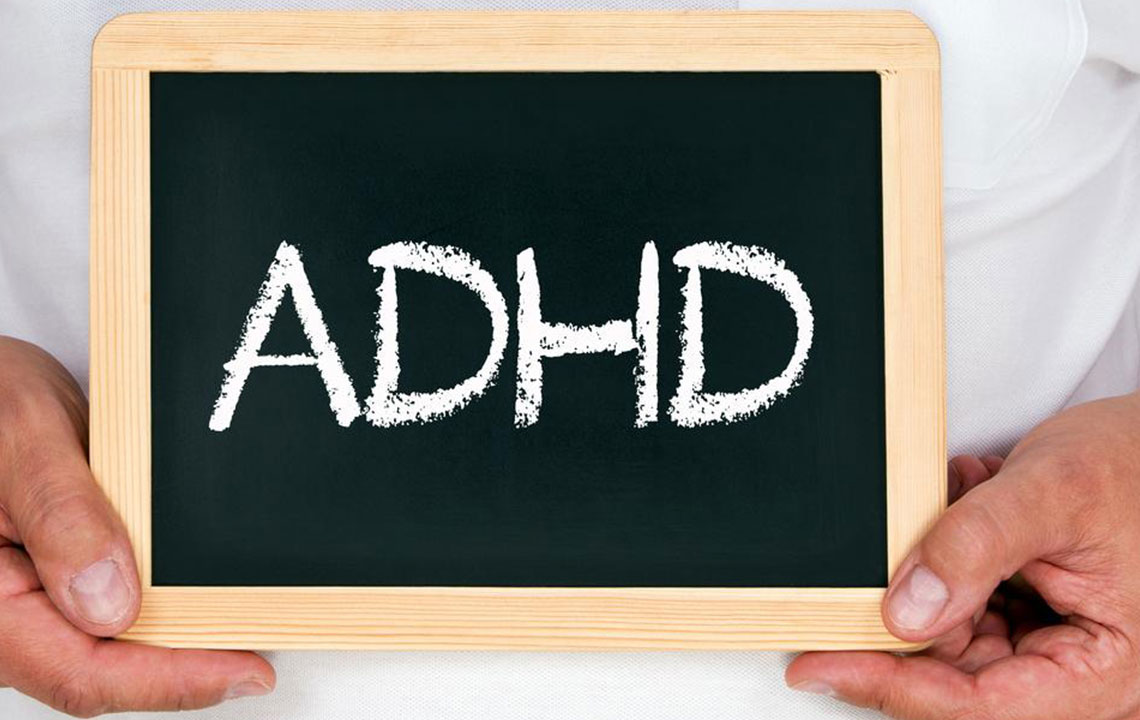Understanding Adult ADHD: Symptoms, Challenges, and Management Strategies
This comprehensive article explores adult ADHD, highlighting its symptoms, challenges, and effective management strategies. It emphasizes the importance of early recognition, accurate diagnosis, and holistic treatment to improve quality of life for affected adults. With increased awareness, adults can better navigate daily challenges and achieve personal and professional success.

Understanding Adult ADHD: Symptoms, Challenges, and Management Strategies
In recent years, medical and psychological research has significantly advanced our comprehension of various mental health conditions, particularly Attention Deficit Hyperactivity Disorder (ADHD). Once believed to be exclusively a childhood disorder, ADHD is now widely recognized as affecting many adults across different life stages. This shift in understanding emphasizes the importance of awareness, early recognition, and timely intervention to mitigate its impacts on daily life. For adults, identifying ADHD symptoms can be challenging, as they often overlap with typical behavioral patterns, but recognizing persistent signs is crucial for effective management.
ADHD symptoms in adults encompass a range of behavioral and cognitive challenges. Chief among these are difficulty maintaining concentration, impulsive decision-making, and restlessness. These behaviors may often be misinterpreted as personality traits or stress responses, but when they persist over time, they may suggest underlying ADHD. Awareness and understanding of these symptoms are vital for adults and clinicians alike to distinguish ADHD from other mental health issues or lifestyle stresses.
Many adults with ADHD report struggles with organization, time management, and maintaining focus on tasks, whether at work or in personal life. Mood swings, irritability, and impulsivity are also common, often leading to strained relationships and reduced productivity. Recognizing these symptoms early can lead to more effective treatment strategies, including medication, therapy, and lifestyle modifications, which can significantly improve quality of life.
While ADHD starts in childhood, it can sometimes remain undiagnosed until adulthood. In some cases, symptoms may intensify or become more problematic due to life stressors, hormonal changes, or co-existing mental health conditions such as anxiety or depression. Differentiating between typical adult frustrations and clinical symptoms is therefore essential. Adults who experience ongoing difficulties with focus, impulsiveness, or mood regulation should seek professional evaluation to determine whether ADHD is a contributing factor.
Accurate diagnosis requires a comprehensive clinical assessment, which includes detailed history-taking and sometimes standardized ADHD screening tools. Once diagnosed, a combination of treatment approaches—such as pharmacotherapy, behavioral therapy, coaching, and lifestyle adjustments—can help manage the condition effectively. Importantly, understanding that ADHD is a neurodevelopmental disorder can foster self-compassion and motivate adults to explore appropriate interventions, ultimately leading to enhanced personal and professional life experiences.
Managing adult ADHD is not solely about medication; it involves adopting strategies to improve focus and organization, reducing stress, and developing coping skills. For example, creating structured routines, breaking tasks into manageable steps, and practicing mindfulness techniques can be beneficial. Support from family, friends, and support groups also plays a crucial role in fostering resilience and long-term management.
In conclusion, while ADHD may present unique challenges for adults, increased awareness and understanding can greatly improve outcomes. Recognizing the symptoms early and seeking professional help can lead to effective management, enabling adults to lead productive, fulfilling lives despite the condition. As research continues to evolve, so does the potential for innovative treatments that can better support adults with ADHD.





